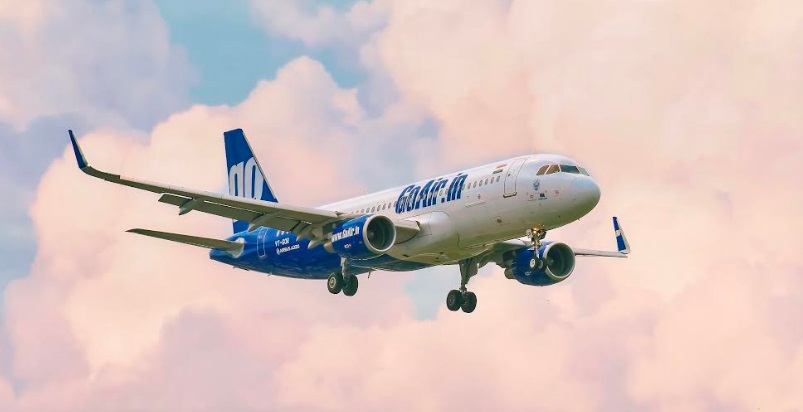TLI Staff
A spike in global crude price triggered by drone attack on Saudi Aramco’s oil asset could push jetfuel price in the country. This may result in higher ticket price for flyers in the upcoming festive season while at the same time squeezing airline margins.
Given that demand for air travel has moderated to single-digit in the last few months due to low business activity, any move by airlines to pass on the increased input cost to consumers would have adverse impact on passenger traffic.
Aviation turbine fuel (ATF) or jetfuel is the single biggest expense of airlines as it accounts for 35-45% of their operating cost.
Crude oil prices soared on Monday with the Brent crude futures recording highest ever single-day percentage jump since January 14, 1991. Brent crude futures – the global benchmark for crude oil – gained over 19% to $71.95 per barrel at the day’s highest level.
“If fuel price maintains current level which is almost 19% higher before supply disruption in Saudi Arabia the ATF price would certainly go up. This would negate the benefits of peak travel season demand. Airfares on various routes are already being sold either at cost or below that,” said an airline executive.
With the shutdown of Jet Airways, airline seat capacity has got rationalised and most carriers are reaping bumper harvest. While they have expanded their fleet in the last few months, the two BSE-listed airlines IndiGo and SpiceJet have seen their profits zooming to record high.
In what could make things worse for the airline industry, the Indian rupee has shown weakening trend against the US dollar. As most expenses such as aircraft lease rental, maintenance and fuel are in foreign currency, depreciation in rupee could raise overall cost for the airline.
“If fuel price goes up and rupee depreciates further, it will be a double whammy for the airline sector,” said an aviation analyst.

